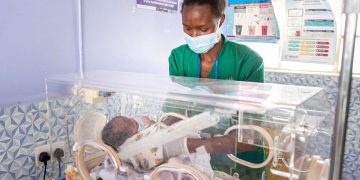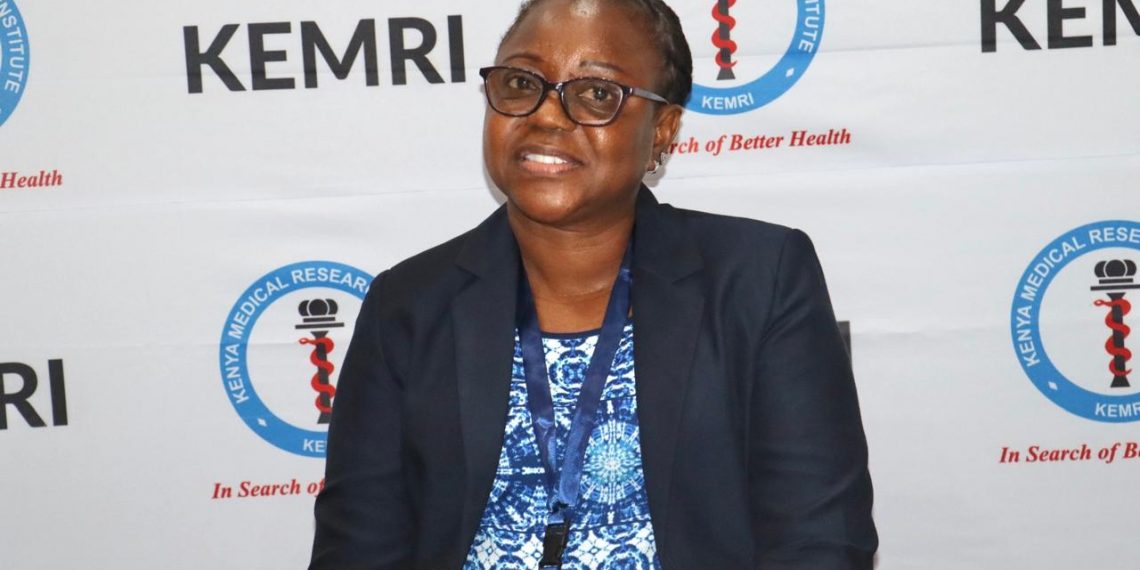A pilot study conducted in Kilifi County has shown that home-based breastfeeding support significantly enhances the recovery of malnourished infants under six months old, providing a promising intervention to prevent relapse post-hospital discharge.
The successful pilot led to the development of a clinical trial known as the Individualized Breastfeeding Support for Acutely Ill, Malnourished Infants under Six Months (IBAMI-2). This trial aims to address a critical gap in post-discharge care, as many mothers struggle to maintain exclusive breastfeeding at home, increasing the risk of their infants slipping back into malnutrition.
Grace Dena, a researcher at the Kenya Medical Research Institute (KEMRI)-Wellcome Trust, presented the pilot study findings at the 15th KEMRI Annual Scientific and Health Conference (KASH) in Nairobi.
“The community accepted the intervention, and it was feasible, so we proceeded to implement it in a trial setting,” Dena stated.
The study comes at a crucial time, as malnutrition remains a serious threat to infants under six months (U6M), with approximately 24.5 million at risk globally. The burden is particularly severe in low- and middle-income countries like Kenya.
According to Dena, malnutrition not only increases the risk of death but also predisposes children to infections and cognitive challenges.
“Breastfeeding is critical for all infants, but especially for those recovering from malnutrition. For infants under six months, exclusive breastfeeding is not just recommended—it is a form of treatment. It provides essential nutrients and immunity, helping them regain strength and prevent further complications,” she explained.
The pilot study achieved notable success, with a 100percent enrollment and adherence rate and 80% fidelity. The intervention was widely accepted by both mothers and their ‘breastfeeding buddies’—support persons who provide emotional and practical assistance to the mothers.
“A breastfeeding buddy could be a relative, friend, or neighbor who helps carry the baby, allows the mother to rest, or provides moral encouragement,” Dena noted.
Despite its success, the intervention faced some challenges. Reaching mothers proved difficult, as many lacked personal phones, forcing researchers to communicate through spouses or neighbors. Additionally, some spouses, who also served as breastfeeding buddies, were unavailable during home visits, affecting their ability to receive counseling and support.
Poverty and cultural beliefs further complicated exclusive breastfeeding efforts. Food scarcity in many households led some families to expect food aid as part of the intervention, an expectation the researchers had to manage.
“The expectation of food aid was a challenge. In many households, food scarcity is a reality, so some families expected food packages before engaging in breastfeeding support. Since our intervention did not include food distribution, we linked these families to community health promoters for additional assistance,” Dena said.
Cultural practices also influenced feeding decisions. Although the study promoted exclusive breastfeeding from birth to six months, some mothers introduced complementary feeding earlier due to societal pressure.
“Rather than excluding these mothers, we continued to support them, hoping they would extend exclusive breastfeeding as much as possible and continue breastfeeding alongside complementary foods beyond six months,” Dena emphasized.
With the post-discharge breastfeeding support intervention now being tested in the IBAMI-2 clinical trial, researchers are hopeful that such programs will help combat infant malnutrition by ensuring babies receive the nourishment they need to thrive.














